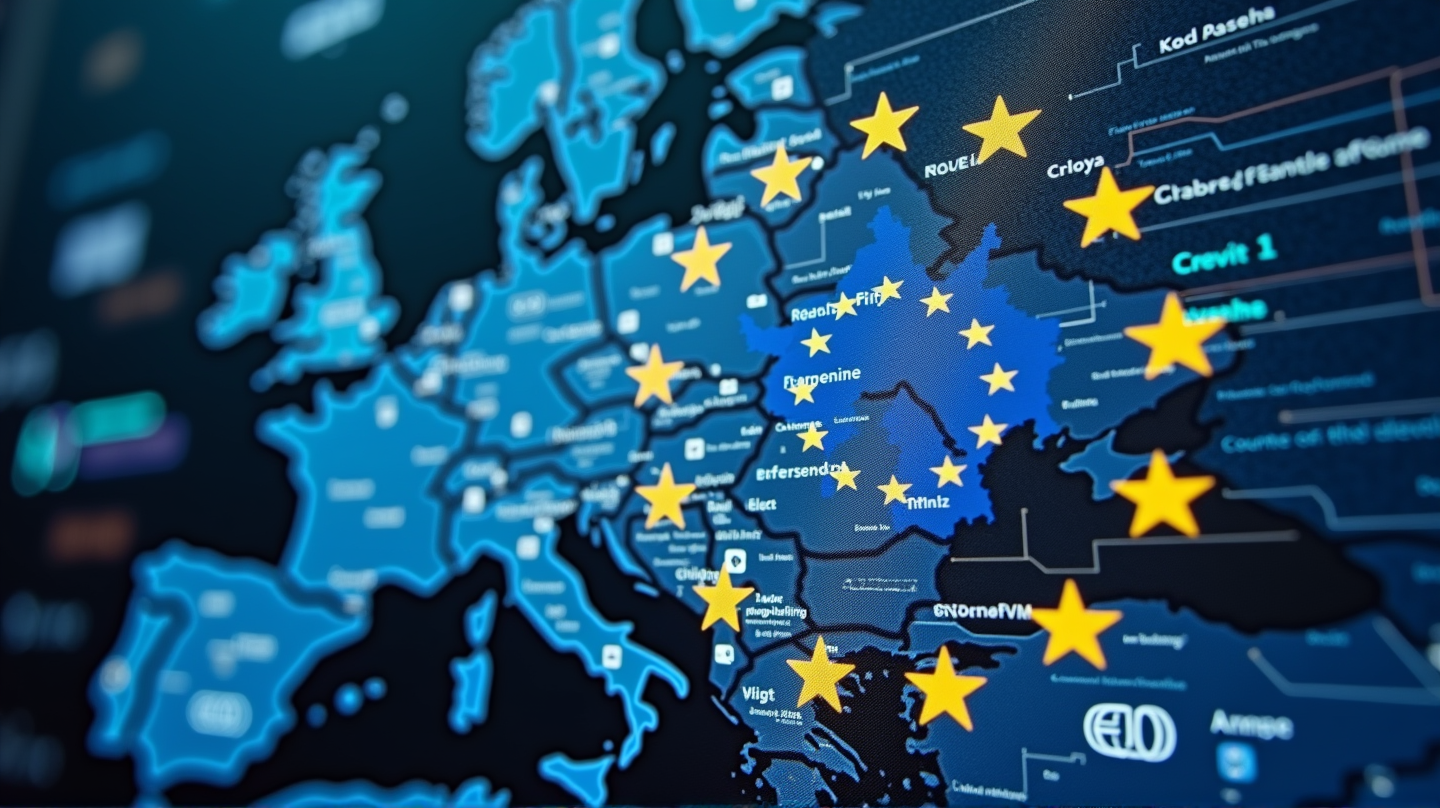In an ambitious move that’s sending ripples through the tech world, European regulators are poised to delve deep into the financial fraud protections of tech juggernauts Apple, Google, and Microsoft. This probe comes amid mounting concerns over online scams and fraudulent activities continually ramping up with the advent of artificial intelligence.
The Digital Services Act and its Reach
Henna Virkkunen, EU’s executive vice president of tech sovereignty, has highlighted the escalating problem of online criminal actions. The European Union is leveraging its Digital Services Act (DSA) to scrutinize whether these platforms are culpable in failing to detect and prevent such illicit activities. According to the PYMNTS.com, the EU’s focus extends beyond tech titans, including travel platforms like Booking Holdings, evaluating how they manage fake listings and scams on their sites.
Addressing App Store and Search Engine Frauds
Central to the EU’s investigation is how Apple and Google combat fraudulent applications sneaking into their app stores. From bogus banking apps to misleading search results on engines like Microsoft’s Bing, the regulators are leaving no stone unturned. Booking Holdings is also under the microscope for potential compliance lapses regarding fake hotel listings, highlighting a comprehensive audit of both tech and travel sectors.
Chinese Companies Under the Lens
In addition to Western companies, a segment of the probe is directed at Chinese eCommerce firms such as Temu and Shein. The EU is keen to ascertain whether these companies maintain compliance with the DSA standards when dealing with potentially illegal products in their marketplaces.
The Battle Against Online Fraud
The stakes are high, and with online fraud estimates hovering around $5 billion annually within the EU, regulators are pressing for answers. The rise of AI technology poses a dual-edge sword, offering fraudulent actors more sophisticated tools while making prevention efforts by legitimate companies steeply challenging.
Tech Leaders React
As per speculation from the tech community, reactions are mixed. While some executives like Meta CEO Mark Zuckerberg criticize the EU’s regulatory framework for stifling freedom, incidents like the previous investigations into Meta’s platforms illustrate the complexity of digital content moderation.
In defense, Virkkunen insists that the sweeping tech rules are in place to uphold fundamental rights, encapsulating the belief that measures against fraud should not impede freedom of expression.
This ongoing narrative reflects a critical juncture for digital regulation. As the EU strengthens its grip, the stakes for tech companies could not be higher, ushering what may be a new era of accountability and transparency in the digital marketplace.
